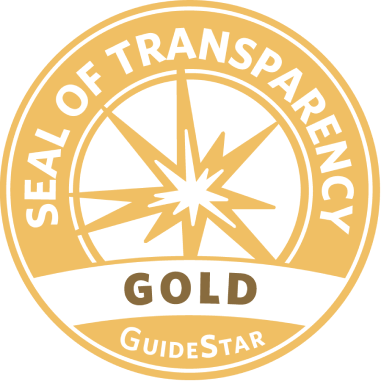Economic sanctions have long been a tool used by governments to pressure regimes, but their consequences often fall heaviest on ordinary people—especially women. In Iran, years of international sanctions have deepened economic hardship, limiting access to basic necessities, education, healthcare, and job opportunities. At the Omid Foundation, we have seen firsthand how these restrictions make life even more difficult for women who are already struggling against systemic oppression.
A Struggling Economy, A Harder Life
Sanctions have crippled Iran’s economy, causing inflation to skyrocket and making everyday life increasingly unaffordable. For women—many of whom already face barriers to employment—the economic crisis has made survival even harder.
- Rising Costs of Basic Needs – Food prices have soared, making it difficult for many families to afford even the most basic meals. Imported goods, including medicine and hygiene products, have become scarce and expensive.
- Unemployment and Gender Discrimination – Sanctions have devastated industries, leading to massive job losses. Women, who were already underrepresented in the workforce due to restrictive laws, are often the first to be laid off or denied job opportunities.
- Limited Access to Technology and Education – With sanctions restricting access to foreign digital services and learning platforms, women who rely on online education—one of the few accessible ways to gain skills—are left with fewer resources.
A Healthcare Crisis for Women
One of the most devastating effects of sanctions has been on Iran’s healthcare system. Shortages of essential medicines and medical equipment mean that many women cannot access proper healthcare, including reproductive and maternal health services.
Women facing chronic illnesses, cancer, or pregnancy complications often find themselves unable to get the treatment they need. Even mental health services, which are critical for women dealing with trauma and domestic violence, have been affected due to a lack of resources and trained professionals.
The Hidden Cost: Increased Violence and Vulnerability
Economic hardship often leads to an increase in domestic violence, and Iran is no exception. When families struggle financially, tensions rise, and women often bear the brunt of that frustration. With fewer financial resources, many women find themselves trapped in abusive relationships, unable to leave because they have no means of supporting themselves.
Sanctions have also made it harder for women’s rights organizations to operate. Many NGOs that provided shelter, legal assistance, and psychological support have been forced to shut down due to financial restrictions, leaving women even more vulnerable.
How Women Are Fighting Back
Despite these challenges, Iranian women are finding ways to resist and survive. Many have turned to freelancing, entrepreneurship, and online work to bypass economic restrictions. Others are creating informal support networks, helping one another navigate the difficulties of daily life.
At the Omid Foundation, we provide online education, skill-building, and trauma support to help women overcome these hardships. We believe that while sanctions may limit opportunities, they cannot silence the strength and resilience of Iranian women.
Even in the face of economic and social oppression, they continue to fight for their futures—and we stand with them every step of the way.

